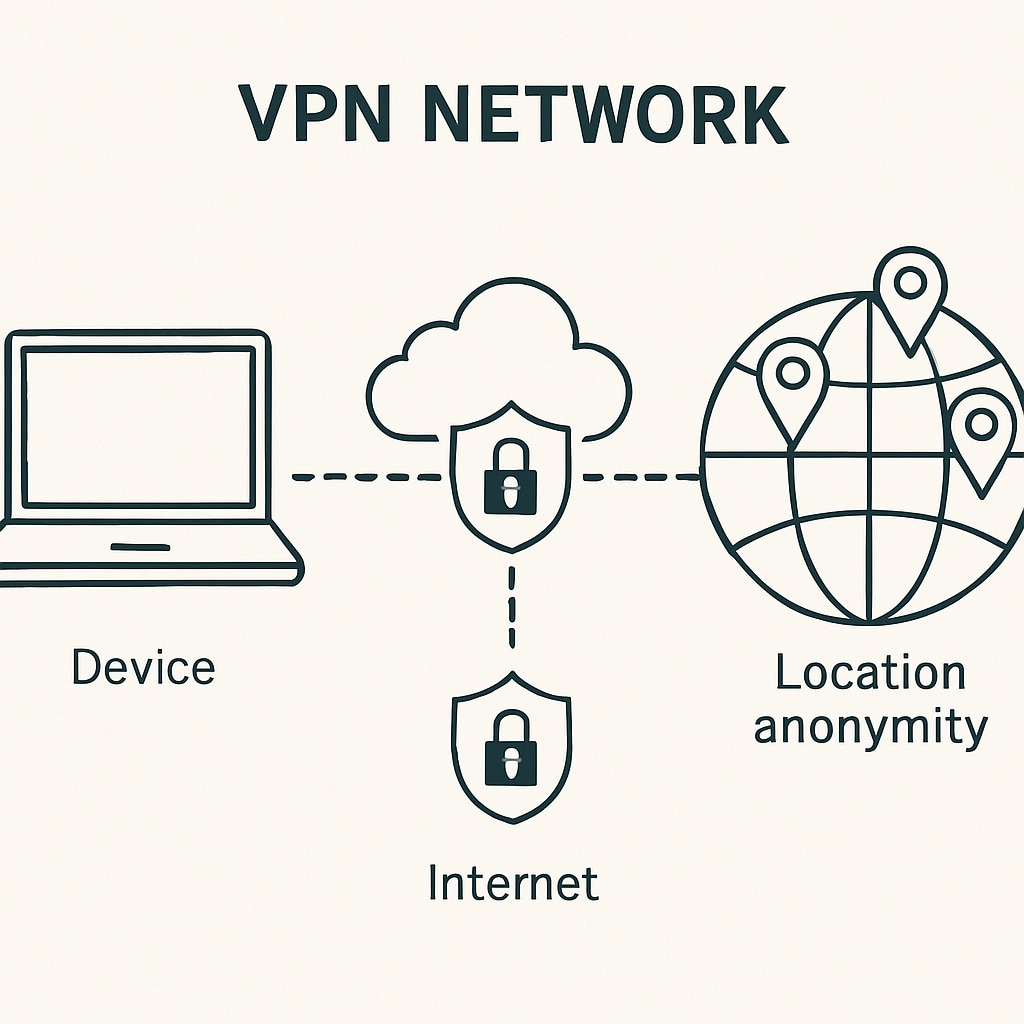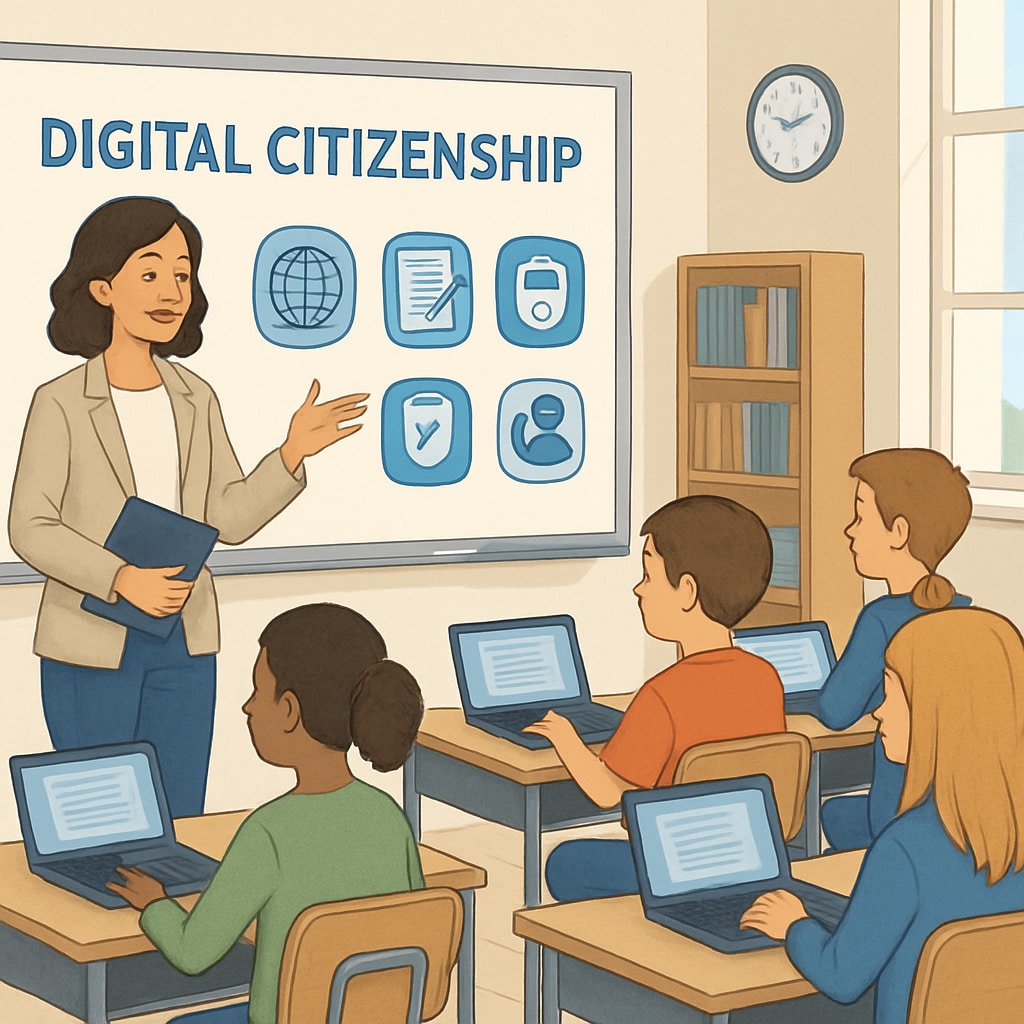The UK’s age verification law, designed to protect minors from accessing adult content online, has led to a significant rise in VPN usage. While this legislation aims to safeguard children, it has unintentionally fueled the demand for tools that bypass restrictions. This development poses critical challenges for K12 education, particularly in fostering digital citizenship and responsible online behavior among students.
Understanding the UK’s Age Verification Law
The UK enacted its age verification law to ensure that users accessing adult content online are over 18 years old. The law mandates websites hosting such content to implement robust age checks, such as identity verification or credit card authentication. While the initiative seeks to shield younger audiences, it has inadvertently prompted many users, including minors, to turn to Virtual Private Networks (VPNs) to circumvent these checks.

Why VPN Usage Has Skyrocketed
A VPN (Virtual Private Network) is a tool that masks a user’s location and encrypts their internet traffic. By using VPNs, individuals can bypass geographical restrictions and age verification requirements. Following the implementation of the UK’s law, VPN usage surged as users sought to maintain access to restricted websites. According to a BBC report, VPN downloads in the UK increased by over 80% within weeks of the law’s enforcement.
There are multiple reasons for this rise:
- Ease of Access: VPNs are readily available and affordable, making them accessible to younger users.
- Lack of Awareness: Many students are unaware of the legal and ethical implications of bypassing restrictions.
- Tech Savviness: Today’s digital-native generation is adept at finding workarounds to technological controls.
Implications for K12 Education
The increased use of VPNs among minors highlights a critical gap in digital literacy education. While schools are focused on traditional subjects, the importance of teaching students about online ethics, cybersecurity, and responsible internet usage is often overlooked. This gap leaves students ill-prepared to navigate the digital world safely and responsibly.

Promoting Digital Citizenship in Schools
To address these challenges, K12 institutions must integrate digital citizenship into their curricula. Digital citizenship refers to the responsible use of technology, including understanding online risks, respecting privacy, and adhering to ethical standards. Here are some actionable steps schools can take:
- Incorporate Internet Safety Lessons: Educate students about the risks of using VPNs, such as exposure to malware and data theft.
- Teach Critical Thinking: Help students evaluate the consequences of bypassing restrictions and accessing inappropriate content.
- Engage Parents: Provide resources to help parents discuss online safety with their children.
- Collaborate with Experts: Partner with cybersecurity professionals to deliver workshops and training sessions.
The Role of Policy and Technology
While education plays a vital role, policymakers and technology companies must also contribute. Striking a balance between protecting minors and respecting privacy rights is essential. For instance, implementing age verification measures that do not compromise user privacy could help reduce the need for VPNs.
In addition, technology providers can develop parental control tools that are more intuitive and effective. Collaboration between educators, policymakers, and tech companies is crucial to creating a safer digital environment for young users.
Conclusion
The UK’s age verification law has sparked a surge in VPN usage, revealing the complexities of regulating online content. This trend underscores the urgent need for comprehensive digital literacy education in K12 schools. By equipping students with the knowledge and skills to navigate the digital world responsibly, we can create a generation of informed and ethical digital citizens.
Ultimately, protecting minors online requires a multi-faceted approach that combines education, policy, and technology. As the digital landscape continues to evolve, fostering critical thinking and responsible behavior among students will remain a top priority.


